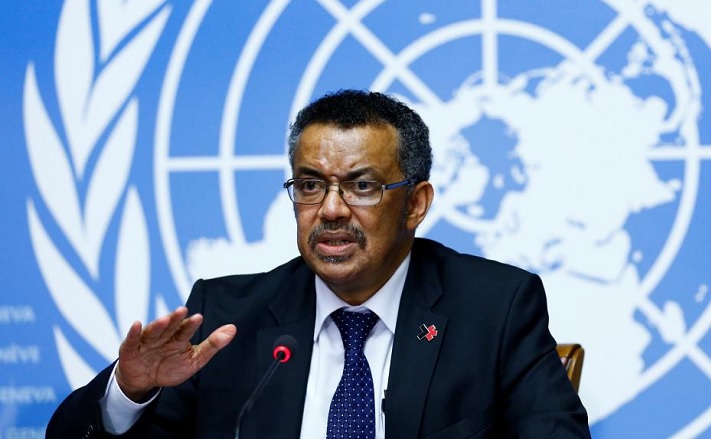The World Health Organisation (WHO) says insecurity and poverty fuelled the spread of diseases in countries across the globe in 2023.
Speaking on Tuesday in his end-of-the-year message, Tedros Ghebreyesus, WHO director-general (DG), said 2023 was a year of milestones and challenges in global public health.
He said his declaration of COVID-19 and MPOX as no longer public health emergencies of international concern marked a turning point for the world.
The WHO DG said in 2023, new vaccines were introduced, three countries declared malaria-free while a range of neglected tropical diseases was eliminated in multiple countries, adding that the path to eradicating polio has reached its last mile.
Advertisement
“Each of these achievements, and many more, demonstrated the power of science, solutions and solidarity to protect and promote health,” he said.
He said 2023 has also been a year of immense and avoidable suffering and threats to health.
“The barbaric attacks by Hamas on Israel on the 7th of October left around 1,300 people dead and over 200 taken hostage. Reports of gender-based violence and mistreatment of hostages are deplorable,” he said.
Advertisement
“This was followed by the unleashing of a devastating attack on Gaza, which has killed more than 20,000 people – mainly women and children – and injured over 53,000.
“At the same time, hospitals and health workers have been repeatedly attacked, while relief efforts are not coming close to meeting the needs of people.
“As of 22 December, only 9 of 36 health facilities in Gaza were partially functional, with only four offering the most basic of services in the north.
“For this reason, we call again for an immediate cease-fire. War and armed hostilities, sadly, have plagued too many other locations around the world, including Sudan, Ukraine, Ethiopia and Myanmar, to name but a few.
Advertisement
“Without peace, there is no health, and without health, there can be no peace. Insecurity, poverty and lack of access to clean water and hygiene fanned the spread of infectious diseases in many countries.
“The resurgence of cholera is especially concerning, with a record number of 40-plus outbreaks around the world.
“And in terms of emergency preparedness and response, gaps remain in the world’s readiness to prevent the next pandemic.
“But 2024 offers a unique opportunity to address these gaps.
Advertisement
“Governments are negotiating the first-ever global agreement to protect communities, countries and the world from the threat posed by pandemics.
“The Pandemic Accord is being designed to bridge the gaps in global collaboration, cooperation and equity.
Advertisement
“The Accord, and plans to strengthen the International Health Regulations, represent monumental actions by governments to create a safer and healthier world.”
Advertisement
Add a comment






